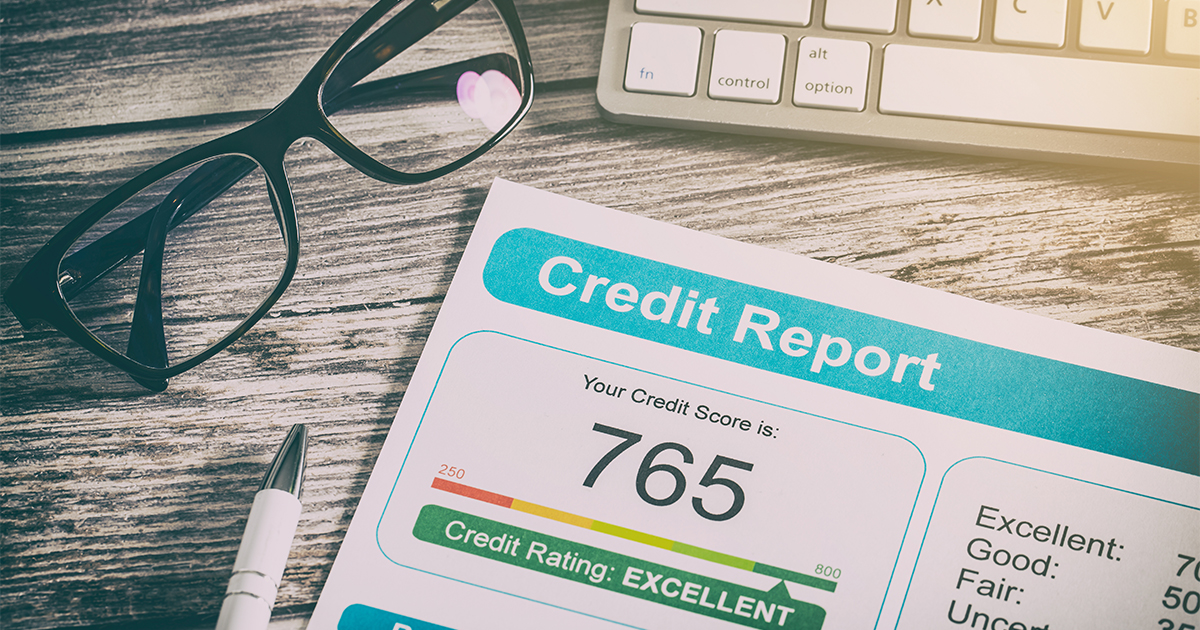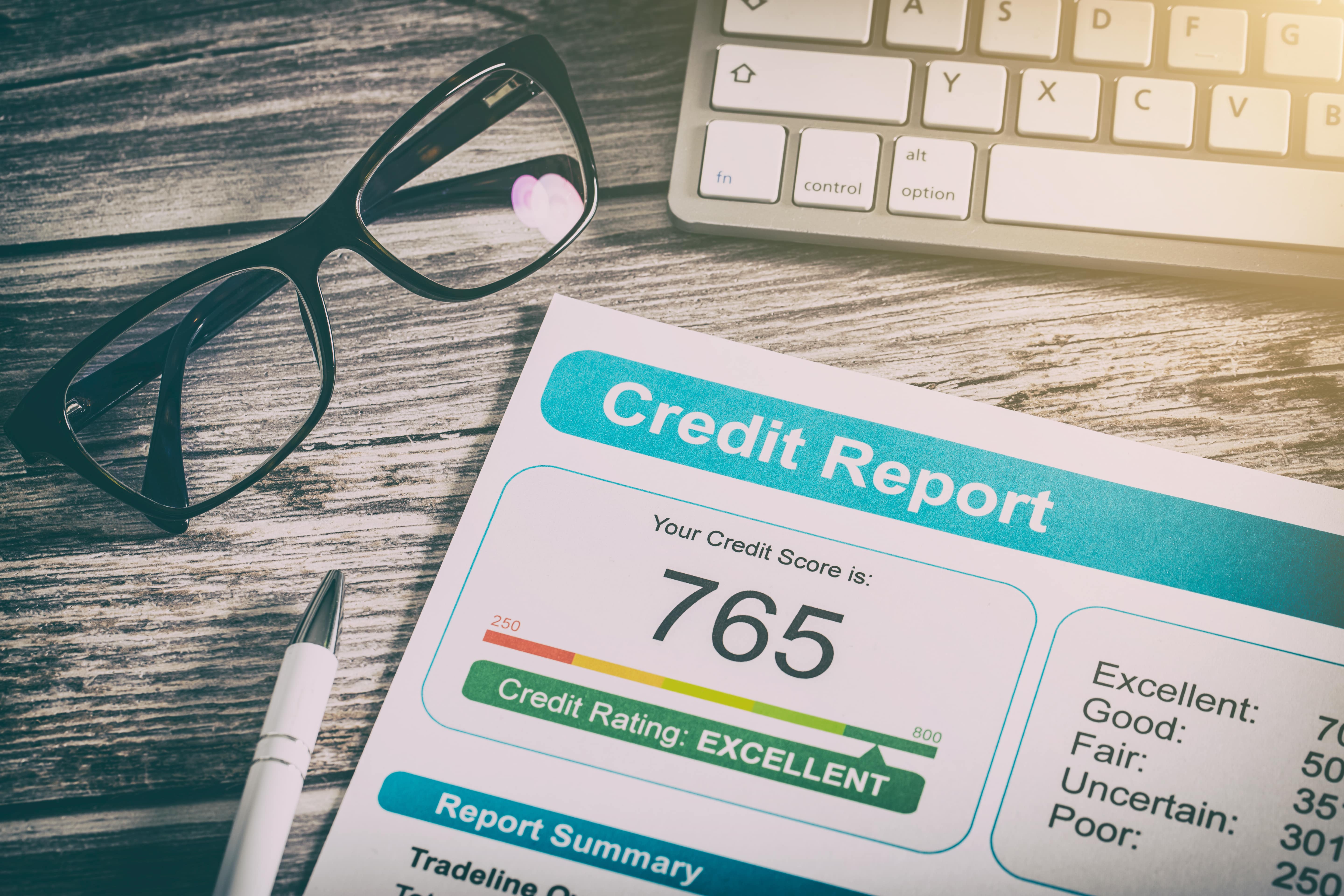The Serious Implications of a Bad Credit Score

In today's digital age, your credit score is your financial passport. Whether you're applying for a new credit card, seeking a mortgage, or even trying to rent an apartment, your credit score and the details on your credit report can be the deciding factor.
A bad credit score isn't just a number; it has tangible impacts that can ripple across various facets of your life. For starters, those with lower scores often face higher interest rates when borrowing, as they are perceived as higher-risk by lenders. This perception can also lead to outright denials for loans or credit cards.
Beyond borrowing, day-to-day necessities become more cumbersome and expensive. Utility companies might demand security deposits or prepayments before offering services. Similarly, if you're house hunting, landlords might ask for higher deposits, or they might reject your rental application outright based on a low score.
But the implications extend beyond just services. Some insurance providers might hike up your auto and homeowners insurance premiums if your credit score isn't up to par.
If you're job hunting, a poor credit score might close some doors as certain employers consider credit histories in their hiring decisions. Starting a business could become an uphill task if you need a loan, given that banks often factor in personal credit scores when evaluating business loan applications.
Even basic needs, like securing a cell phone contract, can become challenging without a good credit score.
However, the silver lining is that credit scores aren't static. With dedication and a strategic approach, one can work towards improving their score, opening doors, reducing costs, and alleviating associated stresses.
Dive in as we explore the intricacies of credit scores, and demystify the numbers that play a significant role in many of life's major decisions.
What is a credit score?
A credit score is a numerical representation of an individual's creditworthiness, which is essentially an estimate of how likely they are to repay borrowed money. This score is derived from an analysis of a person's credit files and history, typically sourced from credit bureaus.
Think of it like a financial report card, where numbers typically range from 300 (considered poor) to 850 (excellent). The higher the score, the more financially trustworthy a person appears to lenders.
How do I get my credit score?
Obtaining your credit score is easier than ever, thanks to modern regulations and technology. By law, everyone is entitled to one free credit report from each of the three major credit bureaus—Equifax, Experian, and TransUnion—once a year.
You can request these through AnnualCreditReport.com, the only official site directed by federal law to provide them. Additionally, numerous online services offer free access to your credit score and report, such as Credit Karma and Credit Sesame.
How is a credit score calculated?
A credit score is calculated using various factors from your credit report. These typically include:
- Payment history (35%), which examines if you've paid past credit accounts on time
- Amounts owed (30%), looking at the total amount of credit and loans you’re using compared to your total credit limits
- Length of credit history (15%), which considers the age of your oldest account and the average age of all your accounts
- Types of credit in use (10%), factoring in the mix of credit cards, retail accounts, and loans you have
- New credit (10%), which counts the number of recently opened accounts and the number of recent inquiries
What is considered a "good" credit score?
In the U.S., credit scores are often measured using the FICO scoring model, though there are various scoring models in use. Here's a general breakdown of the FICO score ranges:
Exceptional (800-850): This is considered an excellent score. Individuals in this range are at the top of the ladder and usually get the best interest rates on loans.
Very Good (740-799): This score range is also above the average, and individuals with these scores typically receive better-than-average interest rates from lenders.
Good (670-739): This range is near or slightly above the average for U.S. consumers. While it indicates decent creditworthiness, some risk is associated, though not significantly high.
Fair (580-669): This is below the average score for U.S. consumers and indicates a higher risk to lenders. People in this range may have difficulty obtaining credit, and if they do, they'll likely face higher interest rates.
Poor (300-579): This score range is well below the national average and indicates a significant risk to lenders. It can be challenging to obtain credit with scores in this range, and terms, if available, can be less favorable.
It's essential to understand that different lenders have different criteria. What one lender considers 'good' might be seen as 'fair' by another. Additionally, the VantageScore model, an alternative to FICO, also has its own scoring ranges. Always remember that the specific number is just one factor among many that lenders use to determine creditworthiness.
How can I boost my credit score?
Boosting your credit score is a gradual process, but certain actions can make a difference.
Always pay your bills on time and avoid late payments, as payment history is a significant factor in your score. Reducing the amount of debt you owe, especially on revolving accounts like credit cards, can also help.
Don't open too many new accounts in a short time frame, as this can appear risky to lenders.
Lastly, periodically check your credit report for errors or inaccuracies and dispute any you find, as these can negatively impact your score.
What information is on a credit report?
 LIGHTFIELD STUDIOS, Adobe Stock
LIGHTFIELD STUDIOS, Adobe Stock
A credit report provides a detailed breakdown of an individual's credit history. It includes personal information (like your name, address, and Social Security number), credit accounts (loans, credit cards, and other credit lines), public records (such as bankruptcies or tax liens), and inquiries (records of when a company has checked your credit).
The report will also have details on any late or missed payments, account balances, account status, and the date each account was opened.
Who uses credit reports and why?
Credit reports are primarily used by lenders, such as banks or credit card companies, to determine a person's creditworthiness before lending money or offering a line of credit. By reviewing a credit report, these entities can evaluate the potential risk of lending to a particular individual.
However, it's not just lenders; landlords may check credit reports to assess the reliability of potential tenants.
Some employers also review them as part of their hiring process, especially for positions that involve financial responsibilities.
Additionally, insurance companies might use credit reports to set premium rates. In essence, anyone wanting to evaluate the financial reliability of an individual may seek out their credit report.
Final Thoughts
The realm of credit scores and reports might seem daunting, but with the right knowledge, it becomes less of a mystery. Being informed about the facets of your credit, from the factors that influence your score to understanding the details on your report, arms you with the tools to navigate the financial world with confidence.
By proactively managing and understanding your credit, you position yourself for better financial opportunities and greater peace of mind.














